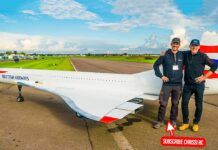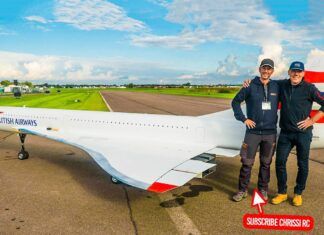
The test flight was planned for July 1, but the aircraft that aims to fly around the world, flying day and night on solar (and stored solar) power, hit a snag when a telemetric transmitter failed. The failure would have kept engineers on the ground in the dark, literally and figuratively, when it came to viewing key performance parameters. The July 1 flight would have been the first to test the aircraft and its pilot through a complete 24-hour cycle from daytime and through the night. The team has not formally announced a date for the next attempt, but daylight hours set a deadline in early August. After that, relatively shorter days at Payerne, Switzerland, where the team is based, will prevent a full solar charging of the aircraft’s batteries from powering the aircraft through longer nights.
A blog post at the Solar Impulse website said Thursday that “our engineers continue working on the telemtrie [sic] problems which popped up this morning,” adding, “Friday evening I can give you a next update.” The team had advertised the July 1 date and invited media representatives and onlookers. They may seek to do the same for the second attempt, preventing a July 4 weekend launch — or they may go as soon as they’re able. We’ll see.

































